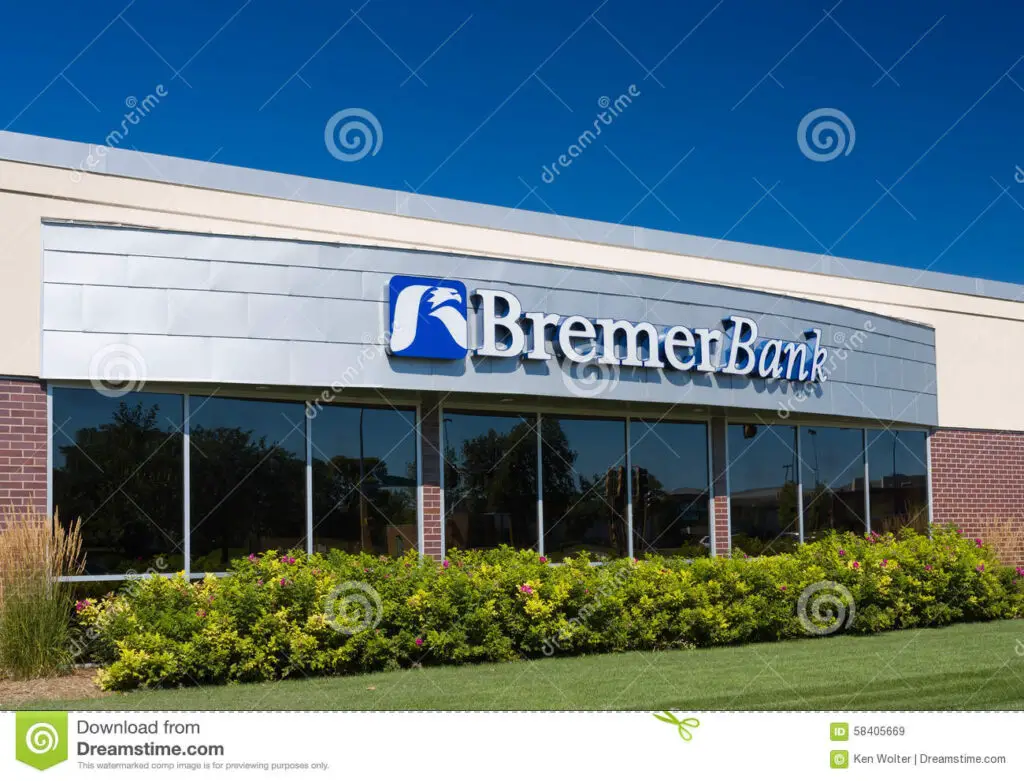If you’re looking to open a bank account or take out a loan in the United States, you may be wondering which bank to choose. With so many options available, it can be overwhelming to know where to start. In this article, we’ll provide a comprehensive guide to bank names in the USA, including the types of banks, the largest banks by assets, and what to consider when choosing a bank.
Bank Name in USA
Types of Banks in the USA
In the United States, there are several different types of banks to choose from. These include:
Commercial Banks
Commercial banks are for-profit institutions that offer a range of financial services to individuals and businesses. They’re the most common type of bank in the USA and are FDIC-insured up to $250,000 per depositor.
Community Banks
Community banks are smaller, locally-owned banks that focus on providing personal service to their customers. They may be more flexible than larger banks in terms of lending criteria and may have lower fees.
Credit Unions
Credit unions are member-owned financial cooperatives that offer many of the same services as banks. They often have lower fees and may offer higher interest rates on savings accounts and lower interest rates on loans.
Online Banks
Online banks are digital-only institutions that offer banking services over the internet. They may have lower fees and higher interest rates than traditional banks, but may not offer the same level of personal service.
Largest Banks by Assets
If you’re looking for a bank with a lot of resources and a national presence, you may want to consider one of the largest banks by assets in the USA. These include:
JPMorgan Chase
JPMorgan Chase is the largest bank in the USA by assets, with over $3.2 trillion in assets as of 2021. They offer a wide range of financial services, including banking, credit cards, and investments.
Bank of America
Bank of America is the second-largest bank in the USA by assets, with over $2.8 trillion in assets as of 2021. They offer a range of banking and investment services, as well as credit cards and mortgages.
Wells Fargo
Wells Fargo is the third-largest bank in the USA by assets, with over $1.9 trillion in assets as of 2021. They offer banking services, credit cards, loans, and investments.
Citigroup
Citigroup is the fourth-largest bank in the USA by assets, with over $1.8 trillion in assets as of 2021. They offer a range of financial services, including banking, credit cards, and investments.
U.S. Bancorp
U.S. Bancorp is the fifth-largest bank in the USA by assets, with over $553 billion in assets as of 2021. They offer banking services, credit cards, loans, and investments.
What to Consider When Choosing a Bank
When choosing a bank, there are several factors to consider. These include:
Fees
Banks may charge fees for various services, such as monthly maintenance fees or overdraft fees. Be sure to compare the fees of different banks before choosing one.
Interest Rates
If you’re looking to save money, you may want to consider a bank with high-interest rates on savings accounts or low-interest rates on loans.
Convenience
Consider the location of the bank and whether they have online banking options or a mobile app for easy access to your accounts.
Customer Service
Choose a bank with good customer service and support options in case you have questions or issues with your account.
Conclusion
Choosing a bank in the USA can be a daunting task, but by understanding the different types of banks, the largest banks by assets, and what to consider when choosing a bank, you can make an informed decision that suits your needs. Take the time to research and compare different banks to find one that offers the services, fees, and convenience that work best for you.
FAQs
- What is the FDIC?
The Federal Deposit Insurance Corporation (FDIC) is a US government agency that provides deposit insurance to protect depositors in case of bank failure. FDIC insurance covers up to $250,000 per depositor per bank.
- Can I open a bank account online?
Yes, many banks offer online account opening options. You’ll typically need to provide personal information and identification documents to open an account.
- What is a credit score?
A credit score is a numerical representation of your creditworthiness based on factors such as payment history, credit utilization, and length of credit history. It’s used by lenders to determine whether to approve a loan or credit application and at what interest rate.
- Can I switch banks?
Yes, you can switch banks at any time. Be sure to close your old account properly and transfer all funds to your new account before closing.
- What should I do if I have a problem with my bank?
If you have a problem with your bank, you should first try to resolve it directly with the bank. If that doesn’t work, you can file a complaint with the Consumer Financial Protection Bureau or contact a consumer advocacy organization for assistance.
Conclusion
Choosing a bank is an important decision that can have a big impact on your financial well-being. Whether you’re looking for a bank with low fees, convenient locations, or advanced online banking options, there are plenty of options to choose from in the USA.
Be sure to do your research and consider factors such as account fees, interest rates, and customer service before making a decision. And remember, you can always switch banks if you’re not satisfied with your current one.
By taking the time to choose a bank that meets your needs, you can help ensure that your money is safe and easily accessible when you need it.
FAQs
- What is the FDIC?
The Federal Deposit Insurance Corporation (FDIC) is a US government agency that provides deposit insurance to protect depositors in case of bank failure. FDIC insurance covers up to $250,000 per depositor per bank.
- Can I open a bank account online?
Yes, many banks offer online account opening options. You’ll typically need to provide personal information and identification documents to open an account.
- What is a credit score?
A credit score is a numerical representation of your creditworthiness based on factors such as payment history, credit utilization, and length of credit history. It’s used by lenders to determine whether to approve a loan or credit application and at what interest rate.
- Can I switch banks?
Yes, you can switch banks at any time. Be sure to close your old account properly and transfer all funds to your new account before closing.
- What should I do if I have a problem with my bank?
If you have a problem with your bank, you should first try to resolve it directly with the bank. If that doesn’t work, you can file a complaint with the Consumer Financial Protection Bureau or contact a consumer advocacy organization for assistance.








